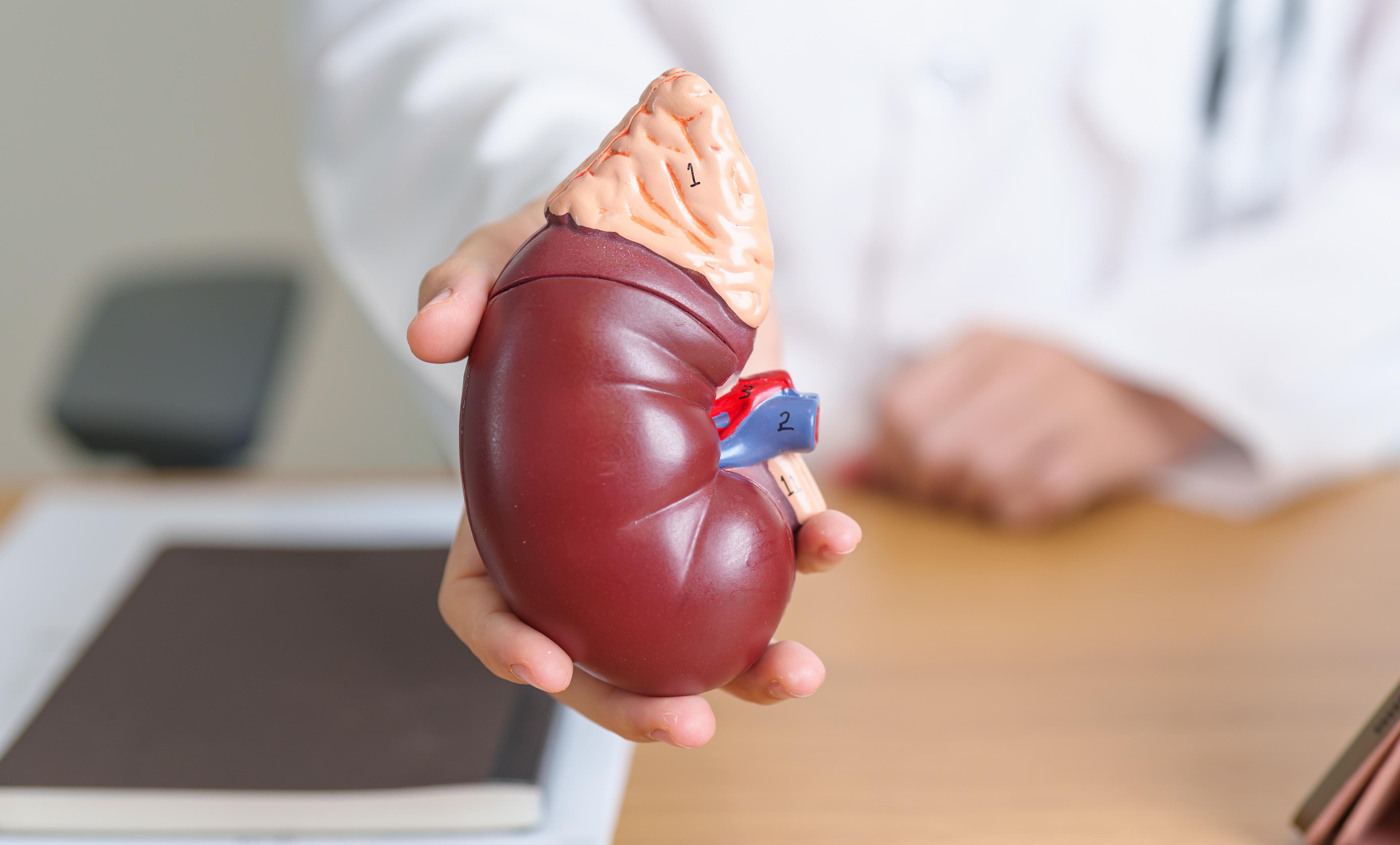Foolproof Ways to Spot the Sneaky Signs of Kidney Pain
7. How Doctors Diagnose Kidney Pain

To determine the underlying cause of kidney pain, Doctors begin by taking the patient's medical history. They will ask questions about the location and nature of the pain, when it began, and if anything makes it worse or better. Next, the doctor will perform a physical examination. They will gently press on the patient's abdomen and back to check for any signs of tenderness, pain, or masses. After completing the physical exam, the doctor may recommend urine and blood tests to obtain more information. A complete urinalysis helps check for the presence of red blood cells or excessive protein, and blood tests for blood urea nitrogen, serum creatinine, and glomerular filtration rate could be necessary as well. If a kidney infection is suspected, doctors may request a urine culture to isolate specific bacteria and fungi. An erythrocyte sedimentation rate test can also be performed on a sample of the patient's blood to check for inflammation. The patient may need to have an ultrasound exam or a CT or MRI scan to check for tumors, cysts, or obstructions. A cystoscopy could be recommended if imaging studies are unclear. This procedure is performed with a local anesthetic, and it involves inserting a flexible scope into the patient's urethra to view the bladder. If a tumor or growth is detected, the patient may need to have a kidney biopsy. This may be performed with a fine needle guided by ultrasound, and it could also be completed with a hollow needle.
8. Triggers For Pain

Kidney infections, obstructions, and masses are some of the major triggers for pain in this area of the body. Patients could experience kidney pain if a urinary tract infection spreads to the kidneys from the lower urinary tract, and this may lead to a condition called pyelonephritis. Symptoms of this condition usually include painful urination, a high fever, urinary urgency, and nausea. Obstructions caused by kidney or bladder stones could produce intense pain in the kidneys as well. Occasionally, kidney pain can be triggered by tumors of the prostate, colon, bladder, cervix, or uterus. Renal vein thrombosis, neurogenic bladder, polycystic kidney disease, and benign prostatic hyperplasia could contribute to kidney pain too. Individuals who have recently been catheterized for a long time could notice pain in the kidneys, and pregnancy also increases the likelihood of kidney pain.
